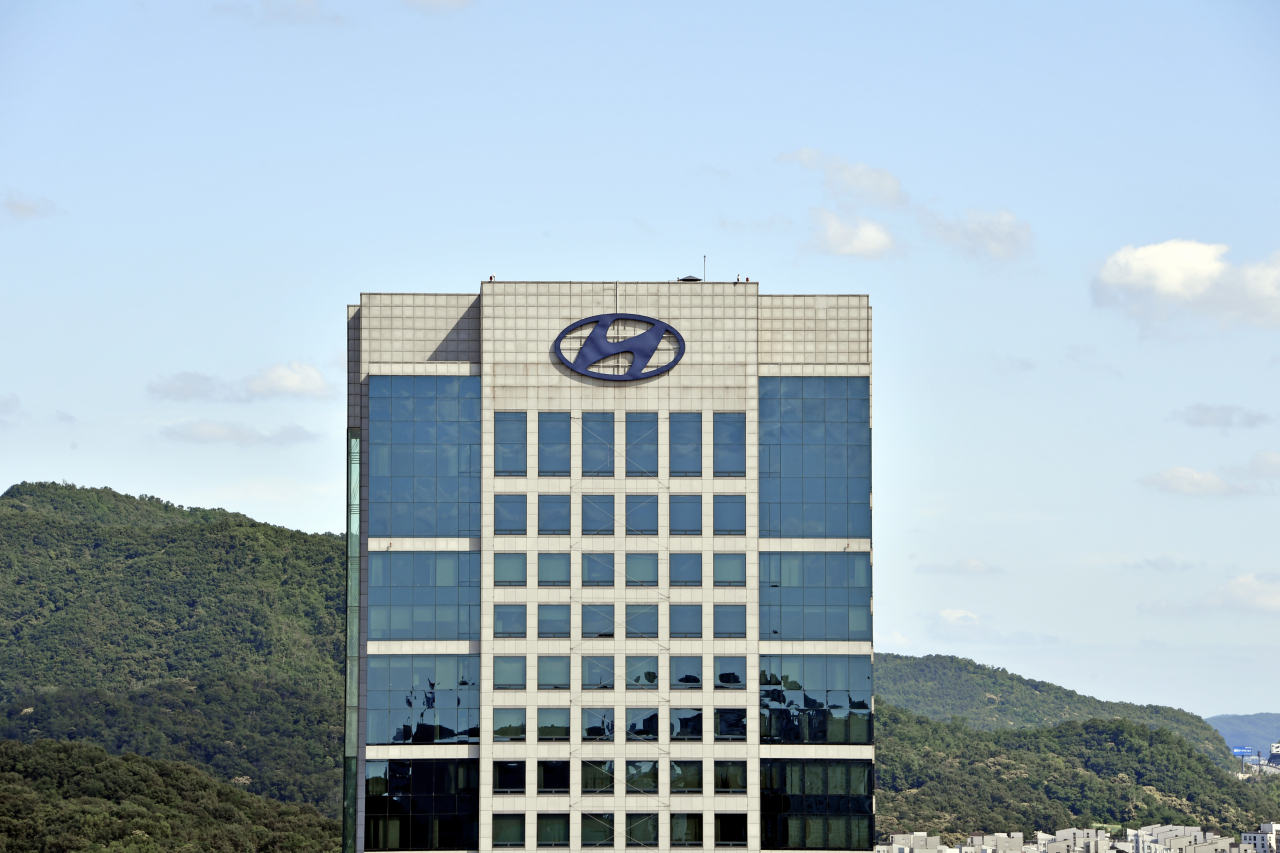
Hyundai Motor Group has become the world’s third-largest carmaker in terms of sales, an impressive feat after more than two decades when, in 2000, the South Korean auto giant made it to the global top 10 list.
According to its regulatory filing Wednesday, the carmaker sold a total of 6.8 million vehicles last year, the third highest after Toyota’s 14.8 million units and Volkswagen’s 8.5 million units.
The sales figure outpaced Renault-Nissan Alliance's 6.2 million units, General Motors' 5.9 million units and Stellantis' 5.8 million units.
Since 2010, Hyundai had remained the fifth-largest carmaker until 2020, when it climbed into the No. 4 spot, only to step back down to No. 5 a year later.
While other top-five carmakers struggled with slowing sales last year, largely due to supply chain disruptions, Hyundai was the only carmaker to post a 2.7 percent growth in sales. Toyota and Volkswagen each posted minus 0.1 percent and minus 1.1 percent during the same period, while Renault-Nissan and GM logged minus 14.1 percent and minus 5.7 percent.
The carmaker’s stellar performance comes as its high-end brand Genesis saw a surge in sales, while also expanding its presence in the clean car market with its EVs, including the Hyundai Ioniq 5 and Kia EV6.
In the US market, in particular, its market share exceeded the 10 percent mark for the first time, reaching 10.8 percent. In Europe, its market share also soared to a record high of 9.4 percent.
This year, however, Hyundai and its smaller affiliate Kia are expected to struggle to increase sales amid a bleak economic outlook and protectionist policies in the US and Europe, its two most important markets and where the carmakers also operate no production lines for EVs.


![[Exclusive] Korean military set to ban iPhones over 'security' concerns](http://res.heraldm.com/phpwas/restmb_idxmake.php?idx=644&simg=/content/image/2024/04/23/20240423050599_0.jpg&u=20240423183955)

![[Graphic News] 77% of young Koreans still financially dependent](http://res.heraldm.com/phpwas/restmb_idxmake.php?idx=644&simg=/content/image/2024/04/22/20240422050762_0.gif&u=)



![[Pressure points] Leggings in public: Fashion statement or social faux pas?](http://res.heraldm.com/phpwas/restmb_idxmake.php?idx=644&simg=/content/image/2024/04/23/20240423050669_0.jpg&u=)










